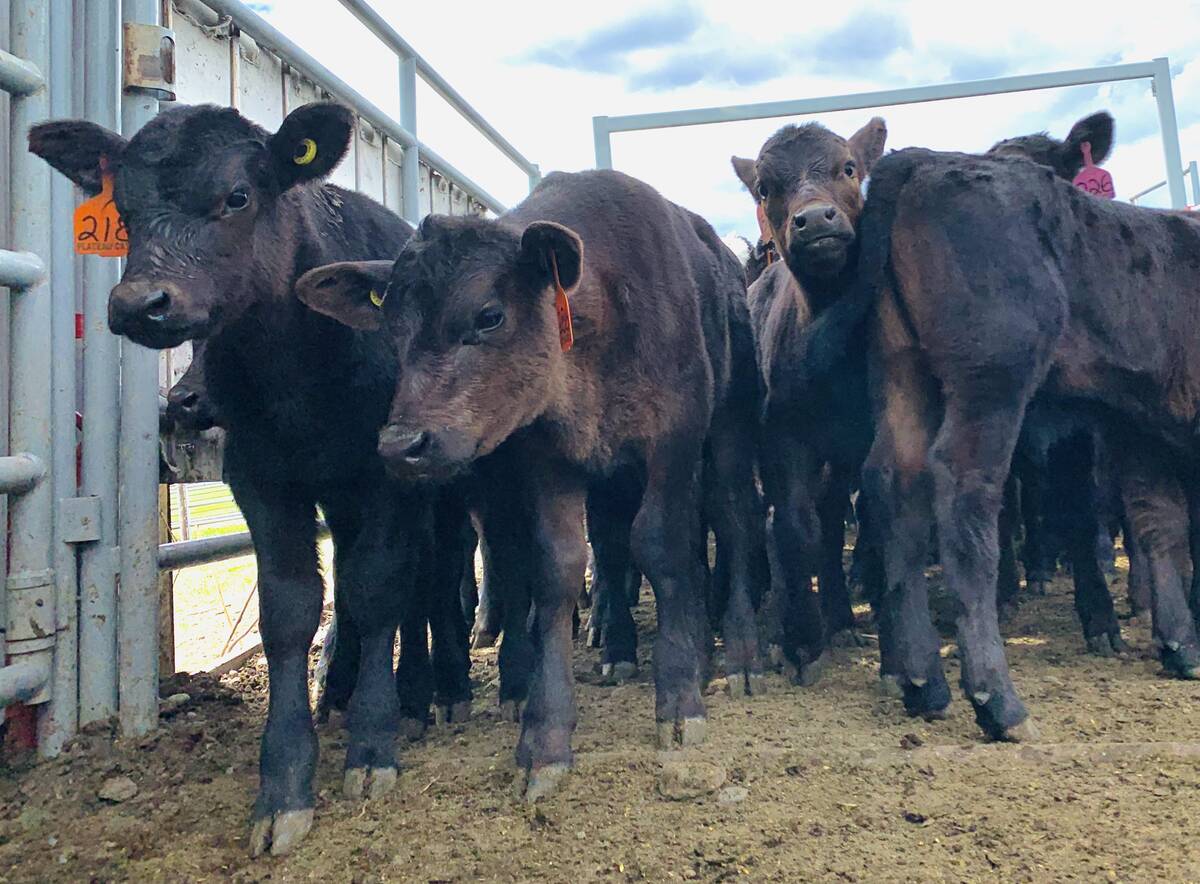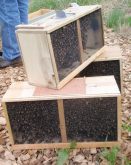Neonicotinoid pesticides may not directly kill bees but they do have detrimental effects on how bees function, scientists from Royal Holloway University say.\
Researchers say the bee behaviour changes at low-level exposure and they stop working properly for their colonies.
The results showed that exposure to pesticides at levels bees encounter in the field, has subtle impacts on individual bees, and can eventually make colonies fail.
“One in three mouthfuls of our food depend on bee pollination,” said lead author, John Bryden from the School of Biological Sciences at Royal Holloway. “By understanding the complex way in which colonies fail and die, we’ve made a crucial step in being able to link bee declines to pesticides and other factors, such as habitat loss and disease which can all contribute to colony failure.
Read Also

How ‘care and compassion’ protocols drive performance at this Alberta ranch
Plateau Cattle Company says lowering stress in calves using science-based practices leads to higher weaning weights and better animal health.
“Exposing bees to pesticides is a bit like adding more and more weight on someone’s shoulders. A person can keep walking normally under a bit of weight, but when it gets too much — they collapse. Similarly, bee colonies can keep growing when bees aren’t too stressed, but if stress levels get too high the colony will eventually fail,” he said in a release.
“Our research provides important insights to the biology of pollinators,” said co-author Professor Vincent Jansen. “It is intriguing that the way in which bees work together is the key to their success, but could also contribute to their decline and colony failure.”
The research was funded as part of the 10-million-pound Insect Pollinators Initiative, set up to understand the causes of pollinator declines and safeguard future pollination services.
“Pesticides can have a detrimental effect on bees at levels used in the field,” said co-author Nigel Raine. “Our research will provide important evidence for policy-makers. The way we test pesticides, the way we assess their impact on bees, and the way we manage pesticides can all be improved.”














